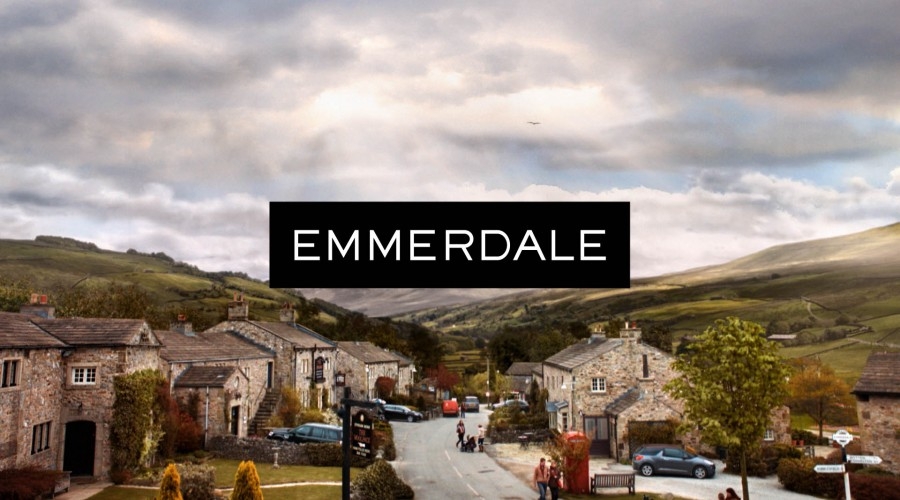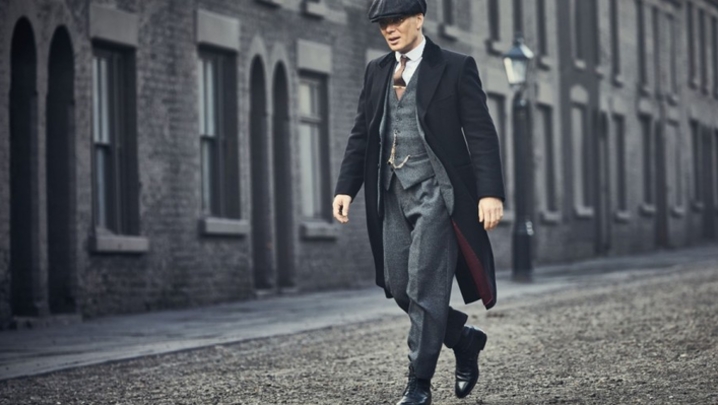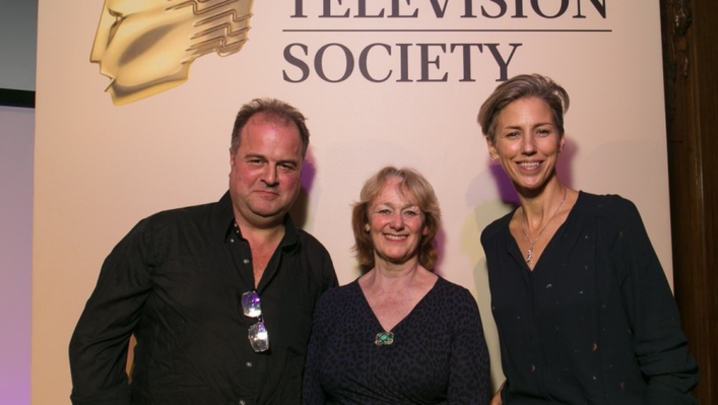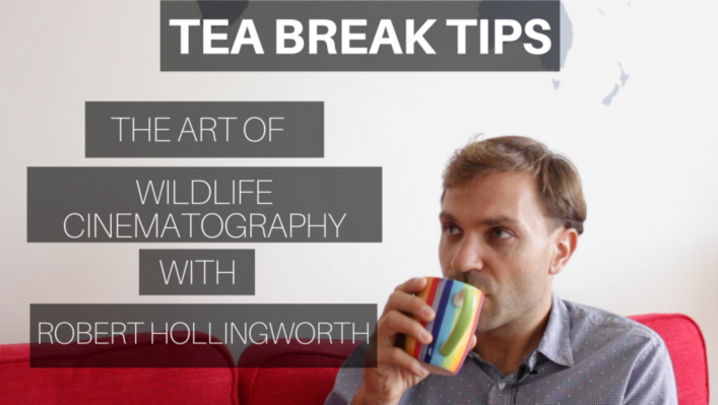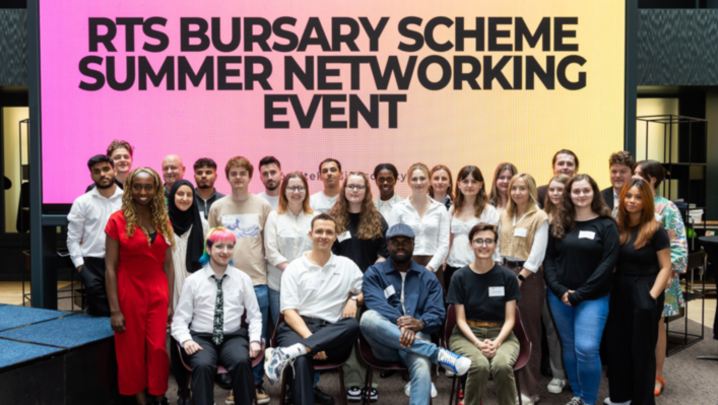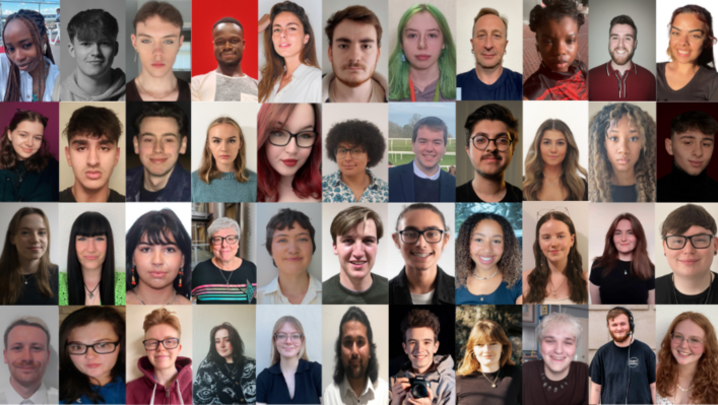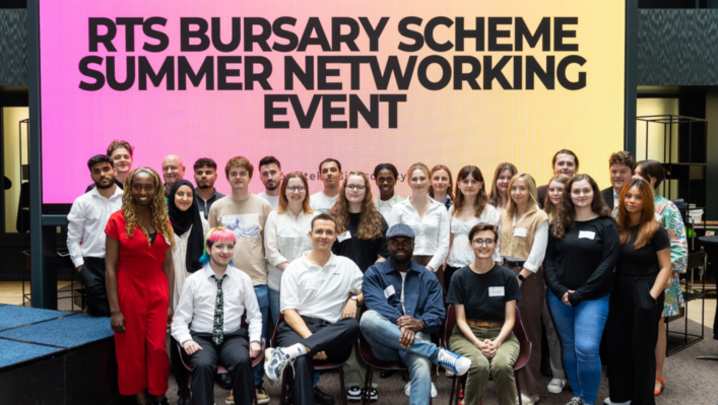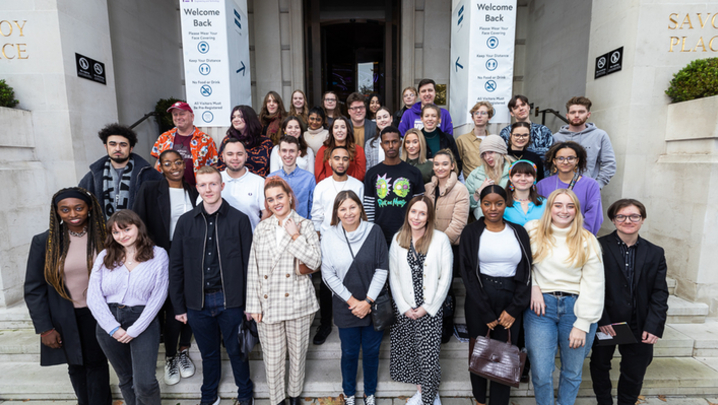“You definitely don’t have to move down to London,” advises Director of Photography (DoP) Chris Ramage
Since graduating from the University of Manchester in 1996, Ramage has had a dazzling career in television working primarily in the Midlands and the north of England. He has gone from a keen amateur photographer to Director of Photography on one of the UK’s most loved programmes, ITV’s Emmerdale.
“I got some work experience at Hollyoaks” he recalls, and has not looked back. “Work experience is a fantastically good opportunity for people to get a taste of the industry and hone in on what they want to do.”
From that inauspicious start, he made his way into the camera department and began his journey to DoP.
On set the DoP has ultimate responsibility for the shoot from a photographic point of view. A director will work with the actors, camera operator and DoP to decide how a particular scene will be shot.
“A big part of my job is lighting the shots and creating a good sense of mood and atmosphere,” Ramage reports.
Lighting could not be more central to camera work. Ramage recalls the disappointment of his university days when he would get his photographs back from the developer. “They were really flat and [lacked] depth and any kind of character or mood” he mourns.
“I didn’t fully understand why that was happening until I started to understand the impact lighting has on photography. Without light, there is no photography. It is very important to have a full understanding of light within photography because then you can get some fantastic results.”
The best way to learn, he suggests, is to watch those you admire. “It can be hard in the camera department to progress,” he warns. “Look at the people around you and get as much information from them as possible.”
And practice, he says! It doesn’t matter what camera you are working with. “When you’re in TV or film there’s not anything we can’t teach you. You can’t expect people to have £80 000 Arri Alexas at home!”
Despite being a graduate himself, he believes that university is not the best way into a career. “University is a great foundation,” he acknowledges, “but that is all it is. Once you’re in the industry your speed of learning increases exponentially.”
“I know people that are camera assistants that haven’t been to university, and they are going to make it in the industry because they’ve got dedication and patience.”
Nor, he says, do you need to head to the Big Smoke once your course is complete. While the television industry may have been more London-centric 20 years ago, he believes, “as time has gone on there’s a lot more drama in the north.”


